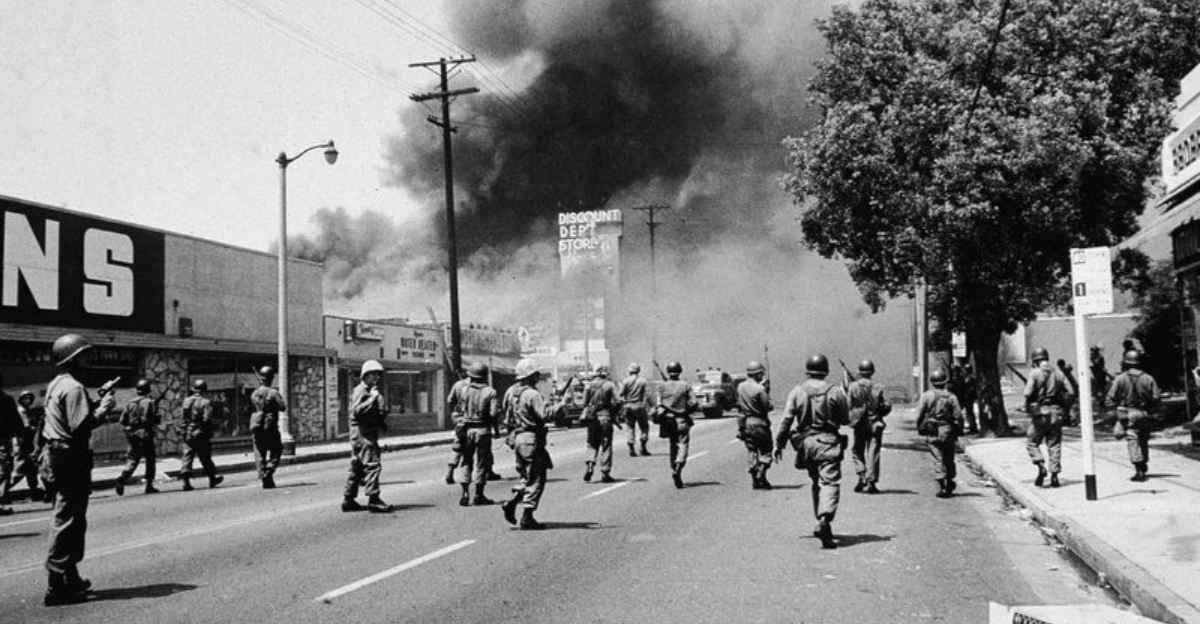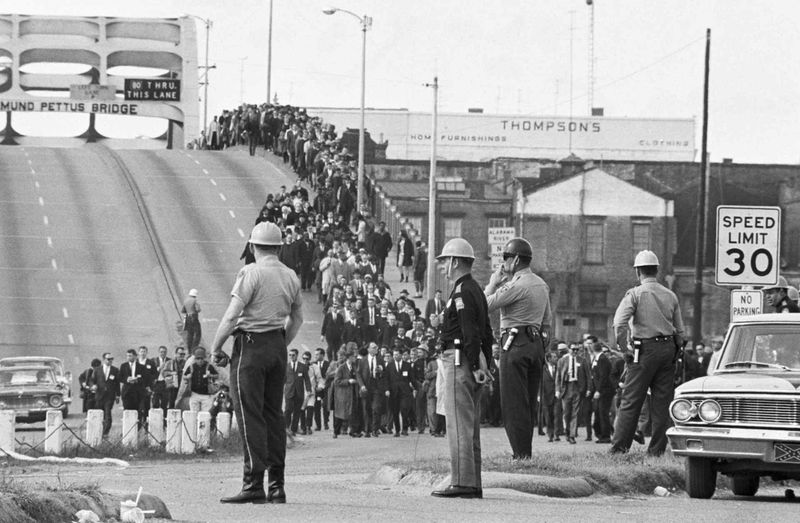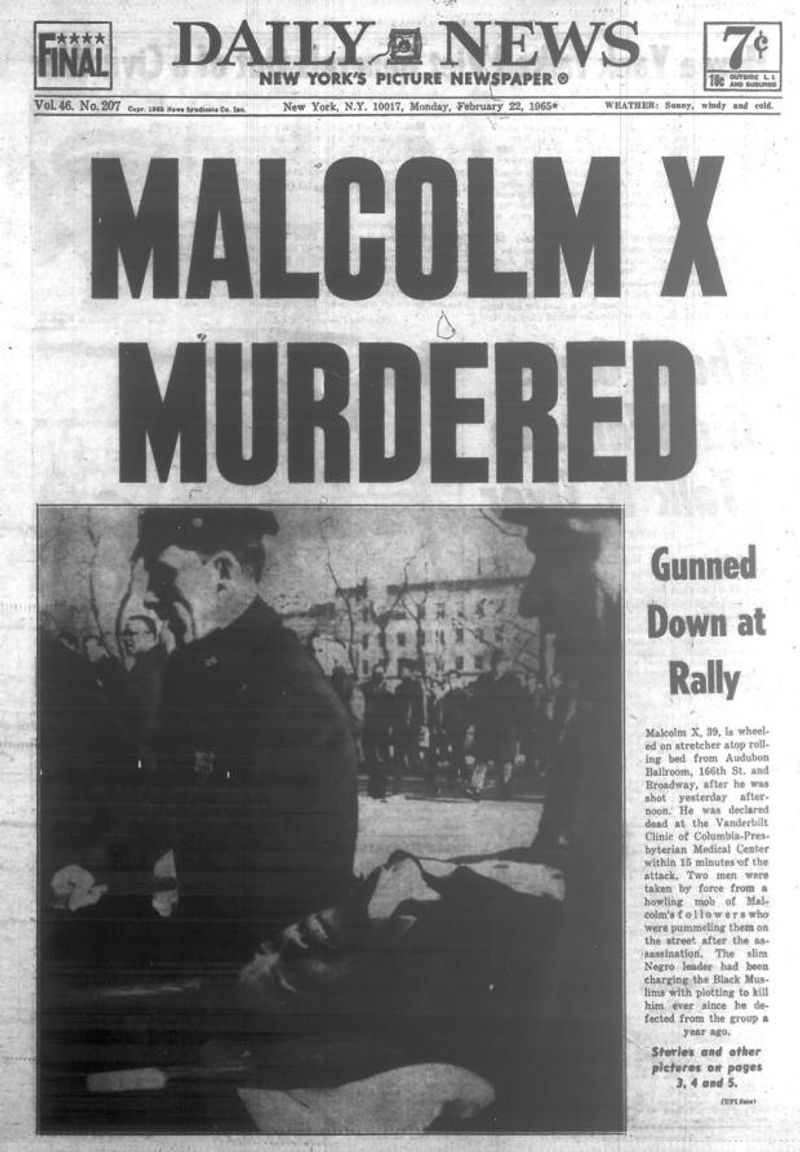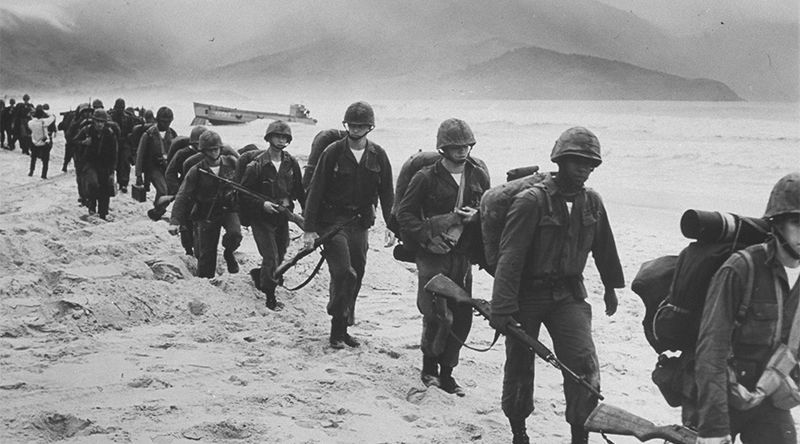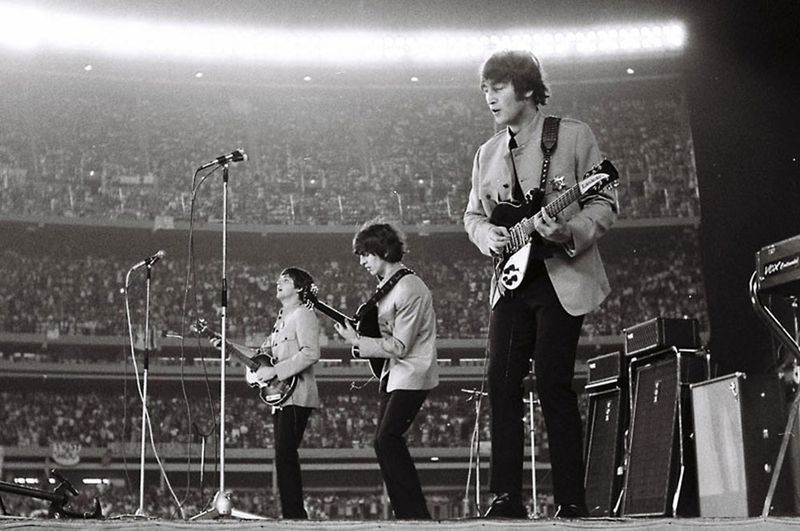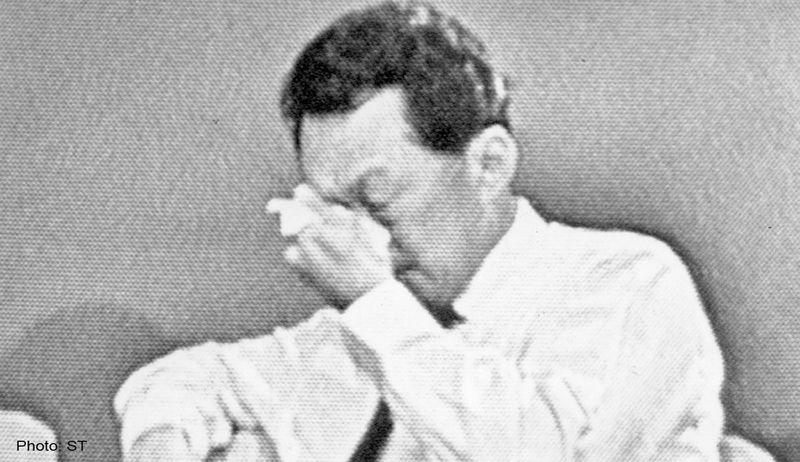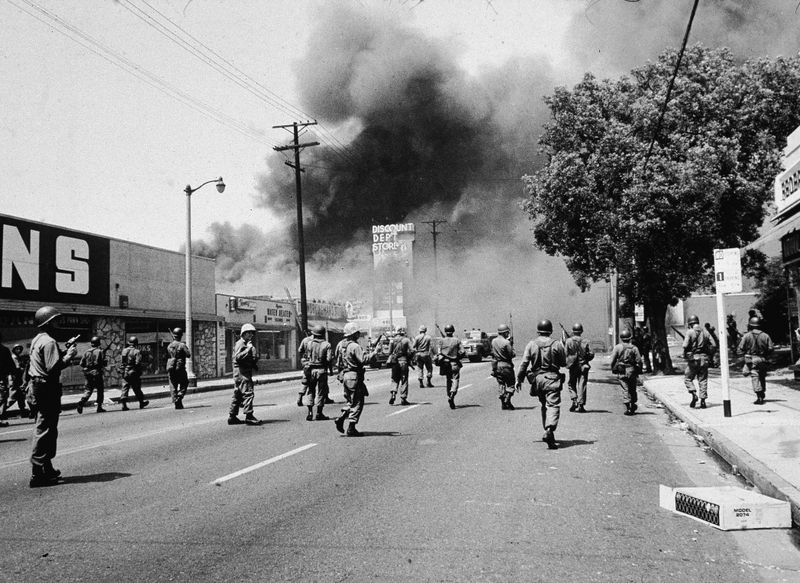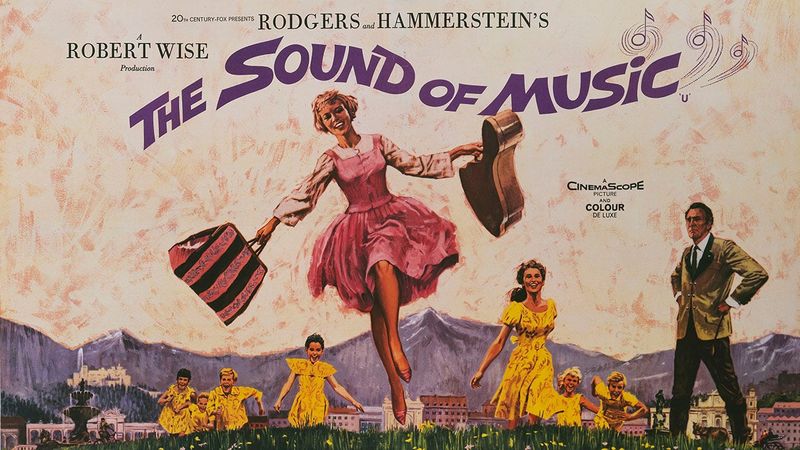The year 1965 was a pivotal time in history, marked by significant events that would shape the future for decades to come. From the civil rights movement to space exploration, these events left an indelible mark on history. In this blog post, we explore ten defining headlines from 1965 that changed the world.
1. Selma to Montgomery Marches (March 1965)
Amidst the struggle for civil rights, a powerful march unfolded. On March 7, 1965, known as “Bloody Sunday,” civil rights activists, including Martin Luther King Jr., gathered for a peaceful demonstration for voting rights. As they crossed the Edmund Pettus Bridge in Selma, Alabama, state troopers attacked. This brutal encounter became a symbol of the fight for equality. The march from Selma to Montgomery spurred the passage of the Voting Rights Act of 1965, dismantling discriminatory voting barriers. This landmark legislation marked a significant victory in the ongoing struggle for civil rights and racial justice.
2. Malcolm X Assassinated (February 21, 1965)
A figure of radical change, Malcolm X’s voice was silenced on February 21, 1965. As he prepared to address a crowd in Harlem, New York, he was assassinated by members of the Nation of Islam. His dynamic speeches had sparked both admiration and controversy. Despite his death, Malcolm X’s legacy continued to grow. He inspired a generation to challenge racial injustices and seek empowerment. His influence reached the Black Power movement, leaving a profound impact on the civil rights landscape and continuing to resonate with those fighting for racial equality and justice.
3. U.S. Escalates Vietnam War (March–July 1965)
In 1965, America’s involvement in Vietnam shifted dramatically. President Lyndon B. Johnson authorized the deployment of combat troops, marking the start of a full-scale military engagement. On March 8, the first U.S. combat troops landed in Da Nang, Vietnam, echoing the expansion of Operation Rolling Thunder. This decision led to years of intense conflict and rising anti-war protests across the United States. The Vietnam War became a defining moment, shaping public opinion and influencing foreign policy. It left an enduring legacy on both American society and Vietnam, affecting generations to come.
4. The Beatles Play Shea Stadium (August 15, 1965)
Beatlemania reached unprecedented heights on August 15, 1965. The Beatles took the stage at Shea Stadium in New York City, performing for a record-breaking crowd of 55,600 fans. This event marked the first major stadium concert, setting a new standard for live music performances. The energy and excitement of the crowd were unmatched, with fans screaming and cheering for their idols. The concert revolutionized the live music industry and solidified The Beatles’ status as global icons. It was a moment that would forever change the experience of live music and inspire generations of musicians.
5. Gemini & Vostok Space Missions (March–June 1965)
In the heat of the Space Race, 1965 witnessed remarkable achievements. The U.S. launched Gemini 3, its first manned Gemini flight, as astronaut Ed White made history with the first American spacewalk on June 3. Meanwhile, the Soviet Union’s Voskhod 2 mission saw Alexei Leonov perform the first-ever spacewalk on March 18. These milestones demonstrated both nations’ commitment to space exploration. The achievements paved the way for future missions, propelling humanity closer to the Moon landing. The missions captured the world’s imagination and highlighted the intense competition between the superpowers.
6. Singapore Gains Independence (August 9, 1965)
In 1965, a new chapter began for Singapore. On August 9, the city-state gained independence after separating from Malaysia. Under the leadership of Prime Minister Lee Kuan Yew, Singapore embarked on a journey toward nationhood. From its humble beginnings as a struggling port city, Singapore transformed into a bustling global economic powerhouse. The determination and vision of its leaders played a critical role in shaping its future. Singapore’s independence marked the beginning of a rapid development phase, positioning it as a key player on the international stage and a model of success for other emerging nations.
7. The Great Northeast Blackout (November 9, 1965)
On an ordinary November evening, darkness descended upon the Northeast. On November 9, 1965, a massive power failure left 30 million people in the dark across New York City and parts of Canada. The unexpected blackout exposed weaknesses in the power grid, prompting a reevaluation of infrastructure systems. Despite the chaos, the event highlighted the need for improvements in electricity distribution and resilience. The blackout became a defining moment in urban planning, leading to significant reforms in how cities manage their energy resources and ensuring reliability for future generations.
8. The Watts Riots (August 11–16, 1965)
A spark of tension ignited into chaos in 1965. From August 11 to 16, the Watts neighborhood in Los Angeles erupted in violent riots following an incident of police brutality against a Black motorist. The unrest resulted in 34 deaths and caused $40 million in property damage. The riots brought national attention to issues of racial inequality and police violence. They underscored the urgent need for societal change and highlighted the deep-rooted challenges facing African American communities. This turbulent event became a turning point, influencing future civil rights movements and policies.
9. “The Sound of Music” Premieres (March 2, 1965)
On March 2, 1965, a cinematic classic was born. “The Sound of Music,” starring Julie Andrews, premiered to great acclaim. The film captured audiences’ hearts with its enchanting music and captivating storytelling. It became the highest-grossing movie of the decade, winning five Academy Awards. The film’s success solidified its place in popular culture, influencing the musical genre for generations. The heartwarming story of the von Trapp family resonated with viewers worldwide, creating a lasting legacy that continues to inspire and entertain audiences of all ages.
10. The Immigration Act of 1965 (Signed October 3)
A transformative shift in U.S. policy occurred in 1965. On October 3, President Lyndon B. Johnson signed the Immigration and Nationality Act, ending the racially biased quotas favoring European immigrants. The new legislation opened doors for immigrants from Asia, Africa, and Latin America, reshaping the nation’s demographic landscape. This act played a pivotal role in creating a multicultural society, enriching American culture and economy. The Immigration Act of 1965 marked a significant step toward equality and inclusivity, paving the way for a diverse and vibrant America that embraces people from around the world.
